Packing list for caravans and motorhomes
South Africa
An essential packing list and guide for a caravan, RV, motorhome or camping trailer.
(Please note this is not a product review but a general list of products that can be useful in a caravan or motorhome)
Camping is a budget friendly way to travel from an accommodation point of view. Many adventures have been had in a tent. But owning a caravan, motorhome, RV or even a camping trailer allows you more luxury than when camping in a tent. Generally it includes a bed, a kitchen area with a stove top and fridge, sometimes even a freezer.
It often is easier to set up sometimes with some added seating inside. Some items are fixed and standard with your home on wheels but there are a few things you need to acquire.
What items should you pack?
What do you need to pack in your caravan?
On our way through Seweweekspoort, Swartberg Mountains in the Karoo.
We have more than 40 years of experience camping and caravanning. Over time for our road trips we have drawn up various lists for different types of camping or travel. We even have a list of what to pack inside your vehicle.
An essential packing list and guide for a caravan, RV, motorhome or camping trailer. A selection of different vehicles at Stormsriver rest camp.
Below is a comprehensive guide of equipment that we have needed and used for our caravan. I have even included a downloadable list for you to print and use.
Caravanning with a 5 Star view in the Drakensberg - the Amphitheatre in the background
There are certain items you may want to leave in your caravan, motorhome or RV. Other items are worth repacking (and restocking) each time you go on a trip.
Camping at Letaba Rest Camp, Kruger National Park with friends
Another top notch scenic view at Stormsriver Rest Camp, Tsitsikamma National Park
If you own a camping trailer that is not kitted out it is worth investing in large sturdy boxes that fit snug in the trailer. Allocate each box for specific items like we used to do in the past, e.g. Cutlery & Crockery box, Food box, Pots & Pans box, Personal items box.
Camping in Mozambique with an off-road camping trailer
List:
Caravan Accessories
Awning
Side Tent & Attachments
Ground sheet
Tent/Awning pegs, poles & ties/ropes
Wheel chocks and spirit level
Camping equipment
Table
Chairs
Fire extinguisher
Spade
Torch
Utensils
Crockery, Cutlery, saucepans & kitchen utensils
Electric & gas kettle/coffee pot
Broom/dustpan/hand broom
Bucket
Basin
Jug
Food
Kitchen equipment
Dishwashing liquid
All-purpose cleaner
Dishwashing & drying cloths
Scouring pad
Paper towels/serviettes
Toilet paper
Canned tuna, sardines, salmon
Plastic bags or containers
Aluminium foil
Liquid or bar hand soap
Insect spray
Books
Linen
Bath/swimming towels
Bed linen/duvet/blankets/sleeping bags
Pillows
Personal items
Clothes
Tissues
Soap, shampoo, conditioner
Sunscreen/lip balm
Mosquito repellent
First Aid Kit
Optional Extras
Extension cord & adaptors for power
External lighting/lamps
Ahead of departure
Check electricals/batteries/power systems
Turn on fridge/freezer to get cold
Check jockey wheel/tow hitch
Check tyres
Checklist before departure
Lock/secure inside cupboards
Lock/secure fridge/freezer
Lock/secure all doors/hatches/latches/vents outside
Ensure keys are not locked inside caravan or trailer
Brakes engage and release
Raise, stow away or secure jockey wheel
Check water tank and fill if required
Check gas cylinders are full, turned off and secure
Check tow bar wiring and plug/socket – working and clean
Close and secure windows
Check electrical switches and supplies are in correct position
Extras to pack for off-the-grid powerless trips
Solar panels and accessories
Extras
Caravanning and camping in the Kalahari (Kgalagadi)
A comprehensive explanation of the packing list for caravans and motorhomes
Caravan Accessories
In most cases an awning or a side tent and all their accessories are included with your caravan, campervan, RV or motorhome. If they are separate do not forget them at home. Your tent and awning often come with ropes, ties and poles. These are items you will need to keep them secure.
Camping in Plettenberg Bay
A ground sheet or at least a mat of sorts is worth having at the doorway of your campervan to limit dirt being traipsed into your van.
Wheel chocks or drive-on ramps have been a handy addition to our caravan. Not all stands at caravan parks are level and your caravan or RV will stand more secure with chocks on either side of the wheels. Driving onto the ramps will prevent everything from being at an angle. A spirit level will also be handy.
Wheel chock … and ants!
Camping equipment
A camping table and chairs are a worthwhile acquisition to sit outside on a pleasant day. In my opinion it is an essential part of camping equipment.
A portable but large enough fire extinguisher is a must when camping.
A spade is often convenient if you are camping rough in remote places and need to dig a hole or two.
Even if there is ambient light at a campsite, there are often dark areas at night so a torch is a must especially if there are hidden raised roots in the shadows or uneven pieces of ground.
Utensils
Kitchen utensils, crockery and cutlery as well as saucepans or frying pans are necessary if you are self-catering.
If you have electricity an electric kettle is convenient. If you are relying on gas, a kettle or coffee pot that can be used over a flame is another worthwhile accessory.
Unfortunately sometimes one has to clean a caravan or motorhome therefore a broom, dustpan and hand broom is essential. If you feel like a splurge you can even buy a small vacuum cleaner.
Buckets, basins and jugs are useful too.
For a comprehensive list of camping equipment, click here.
Food
If you would like some ideas for your camping meals, click here for the food guide and a free downloadable checklist. You can adjust to your requirements and preferences on the list.
Kitchen equipment
Unfortunately if you are self-catering, you have dishes to wash, therefore the usual cleaning products such as dishwashing liquid and all-purpose cleaners are necessary as are dishwashing and drying up cloths, along with scouring pads, paper towels or serviettes.
An ever essential, toilet paper, is often provided at caravan parks but we like to keep a few handy rolls in case of emergency.
Plastic containers and bags are handy to keep food dry and contained. There is nothing worse than a dusting of flour when a bag has burst when you travel on a rough road. We find Ziplock bags are useful too.
Aluminium foil is always a useful accessory in my mind. We use it to cook certain vegetables on an open fire or coals.
Liquid soap or a bar of hand soap at a convenient place when you need to wash hands.
Insect spray
Caravanning at the rest camp at Karoo National Park
Books
For those relaxing times or when the weather is not great, it is a good idea to pack a few books to read or some games to play.
Linen
Bath and swimming towels are of course self-explanatory.
Bed linen such as sheets, pillowcases and duvets are ideal for use in your caravan, RV or campervan. Pack an extra blanket or two for those icy nights. Some people prefer sleeping bags but that is a personal choice.
Don’t forget your pillows!
Semi private sites at Gariep Dam
Personal items
The choice of clothes is dependent on the weather, but even when it is hot pack a few items for cooler days and nights.
Tissues
Soap, shampoo, conditioner
Sunscreen/lip balm
Mosquito repellent
A First Aid Kit is a must because it is easy to sustain minor or major injuries when out in the open. Every time we travel, whether it be internationally, locally or on camping and road trips I have a small kit filled with various items to keep us going until or if we need medical attention.
On our way to Nthakeni, next to the northern part of Kruger National Park. A baobab tree to the left of our caravan.
Optional Extras
Extension cord & adaptors for power
External lighting/lamps
Looks like this can go anywhere!
Ahead of departure
Check that your electricals are functioning properly. Make sure your battery is in good condition and is charging. Check that your lights work and that you have spare bulbs, tubes or LED lights.
Turn on your fridge and/or freezer to get cold and make sure it is working.
Check the bolts that hold your jockey wheel and that your tow hitch is in working order.
Make sure your tyres are in good condition and are inflated to the correct pressure.
A motorhome (or is it an RV?) at Cape Vidal
Checklist before departure
Lock or secure inside cupboard doors.
Lock or secure fridge/freezer and secure their doors.
Lock or secure all doors, hatches, latches or vents outside.
Ensure keys are not locked inside the caravan or trailer.
Make sure your brakes engage and release on your caravan or campervan.
Raise, stow away or secure jockey wheel.
Check water tank and fill if required.
Check gas cylinders are full, turned off and secure.
Check tow bar wiring. Make sure the plug and socket are working and clean.
Close and secure windows.
Check electrical switches and supplies are in correct position.
Extras to pack for off-the-grid powerless trips
Solar panels and accessories
A campervan at Cape Vidal
Extras
These are for any extra items you have thought of that you may require.
I hope you will find this list and guide useful for your first trip in your caravan, RV or campervan.
Don’t forget to download my printable caravan packing list for your use.
Not convinced you should drive to travel? Read how a road trip is the best way to see a country.
Looking to hire a campervan in Europe or the UK? Look no further! Check out PaulCamper to hire a camper for your outdoor adventure in Germany, Austria, the Netherlands and the United Kingdom.
Find me on Social Media
On Pinterest? Pin for later!
About the Author
ALMA VAN AS | ROAMING FOX
Alma is a South African travel blogger and writer. She hopes to inspire you with facts and fables about her adventures, road trips and international travel.
Step by step instructions on how to leave a comment on my blog:
Type in your comment in the comment box.
Click ‘Post Comment’
Briefly a message should appear saying you are not logged in, then a box with ‘Post a Comment’ will appear for you to complete with your name, email address and website URL (if you have one).
Fill in your first name and email address in the appropriate section. (Your email will not be made public and will not be used for any other purpose than for you to get a notification of a reply to your comment.)
Click ‘Comment as Guest’ and you’re good to go!
To subscribe to my blogs, please fill out the SUBSCRIBE form.
Thank you.
I know it is quite a process, but it helps keep our websites secure. Your email address will not be shared or displayed.






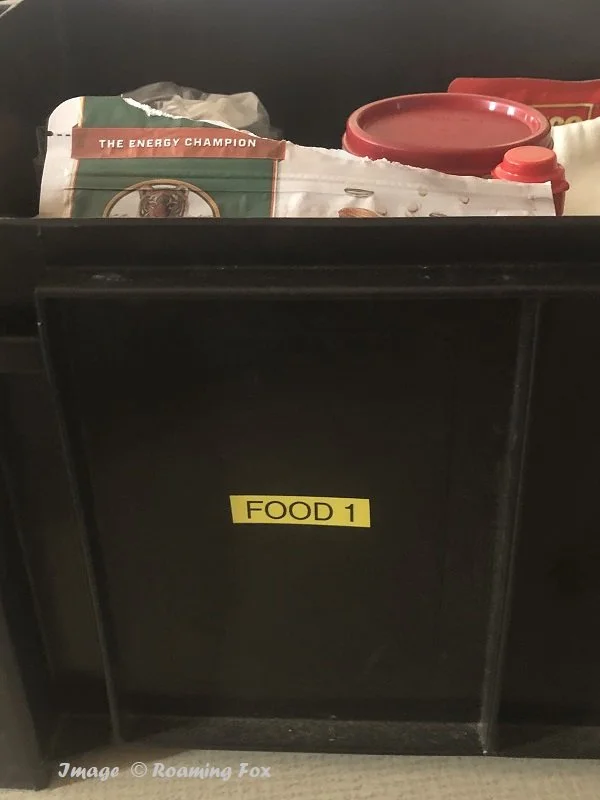




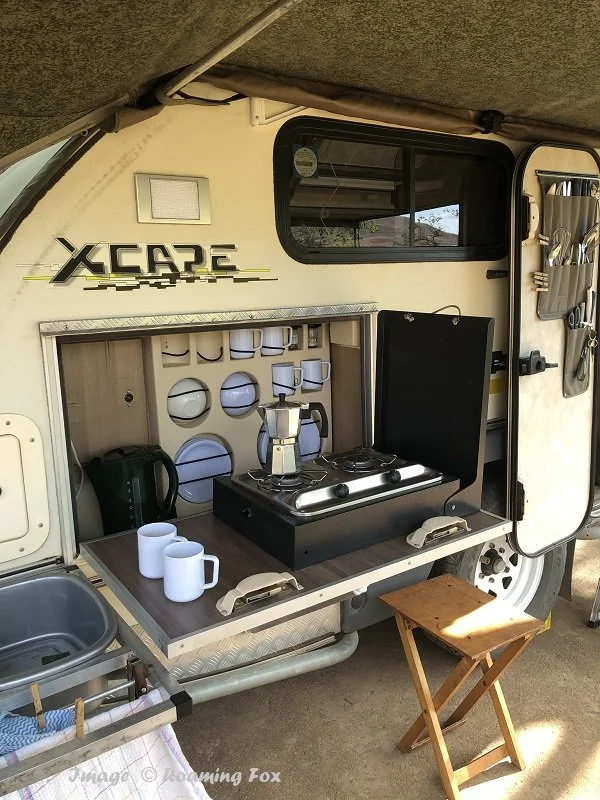









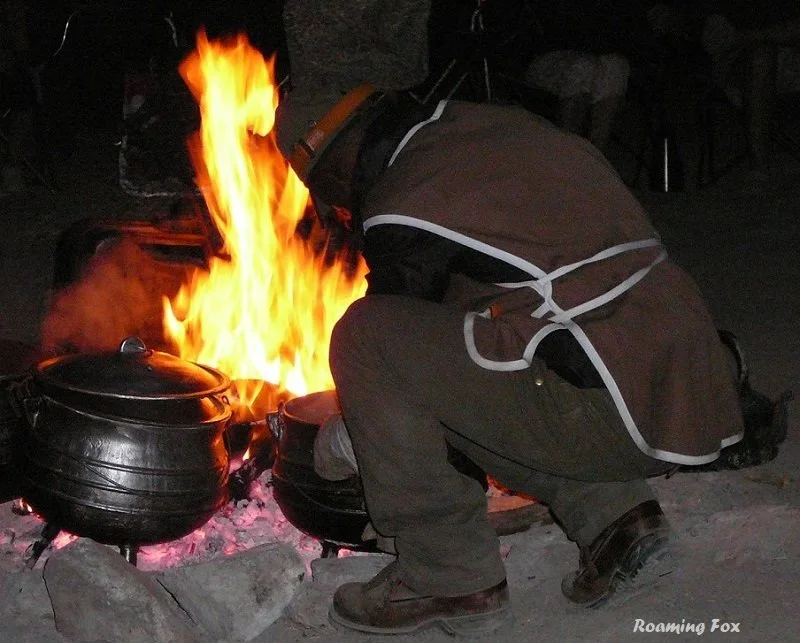



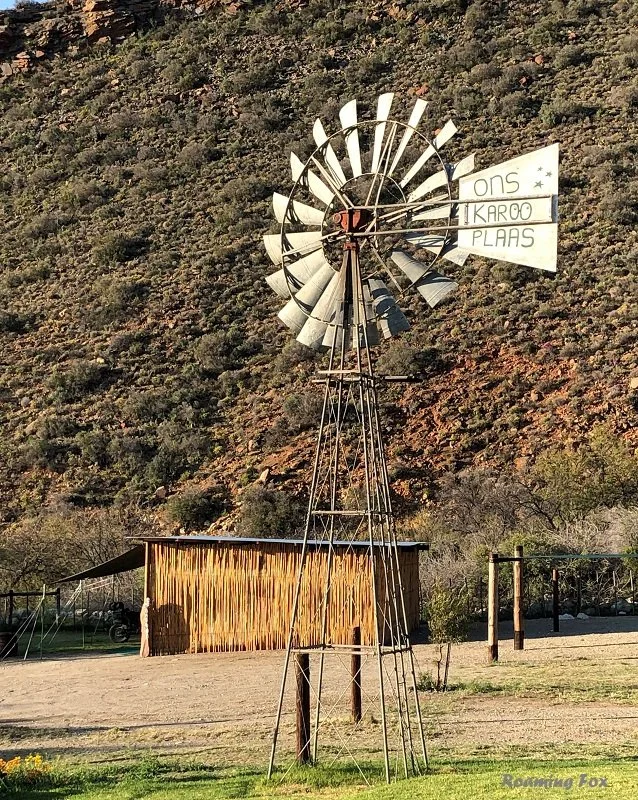

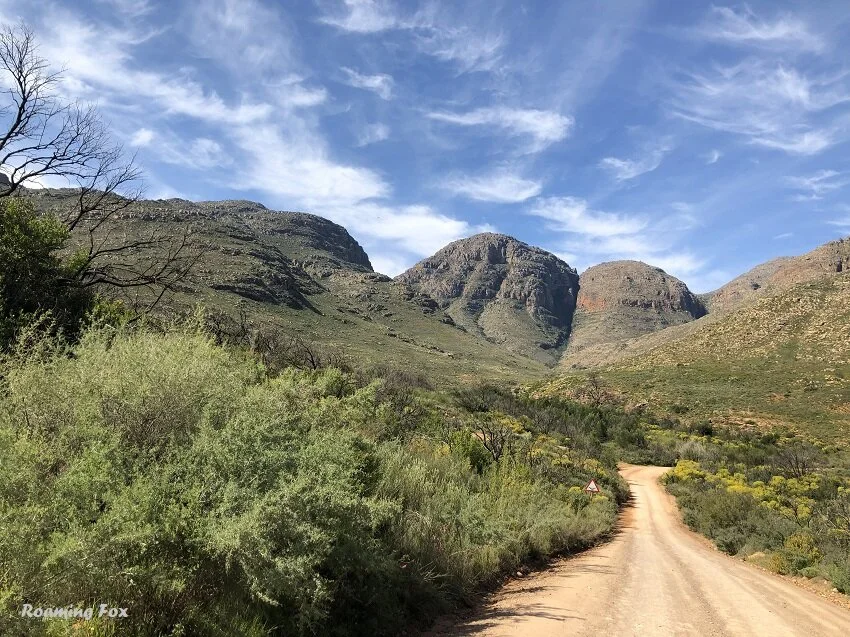


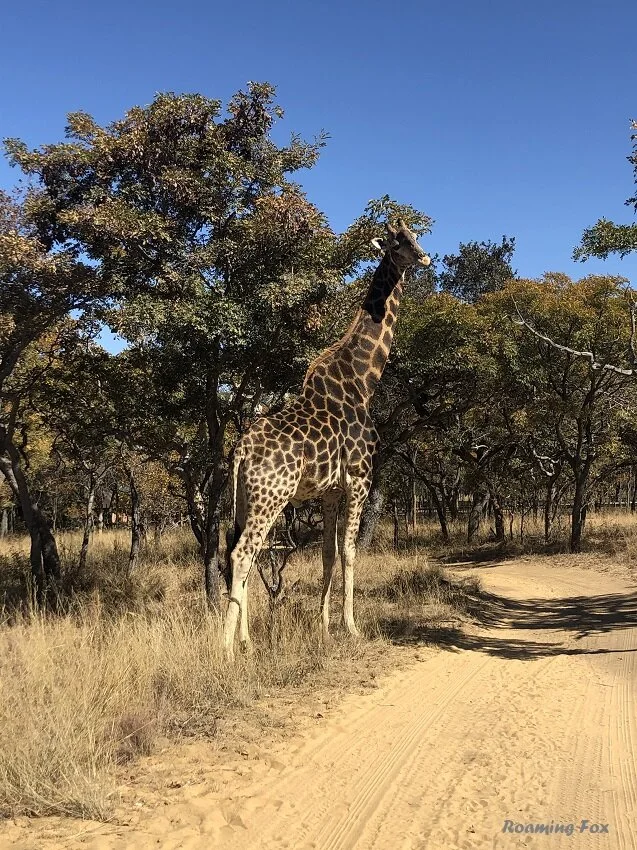
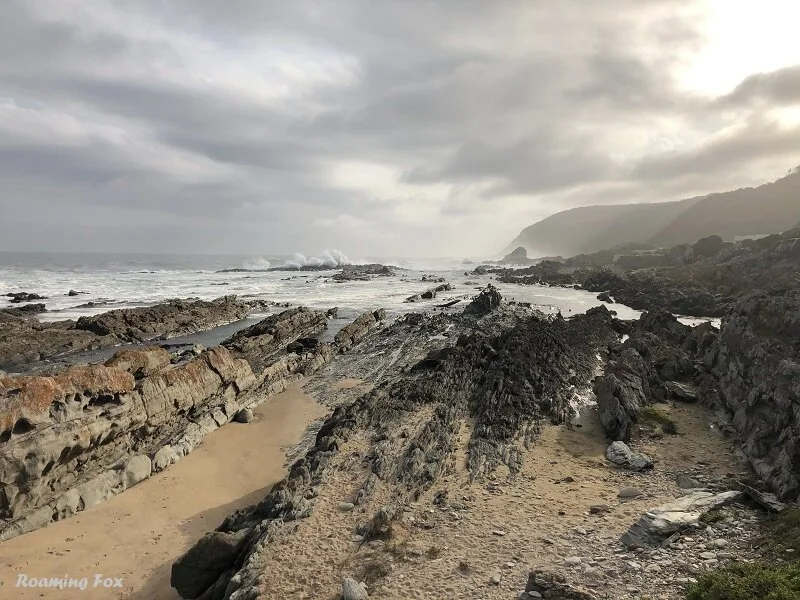
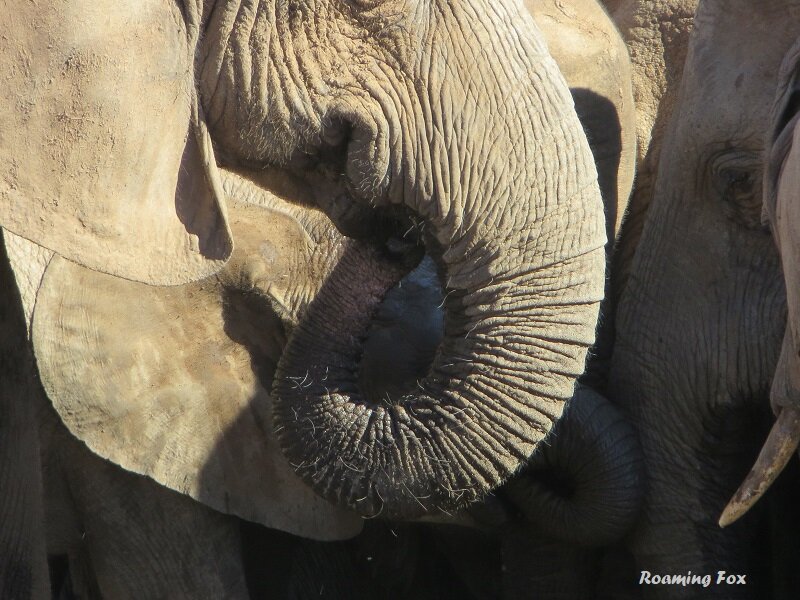
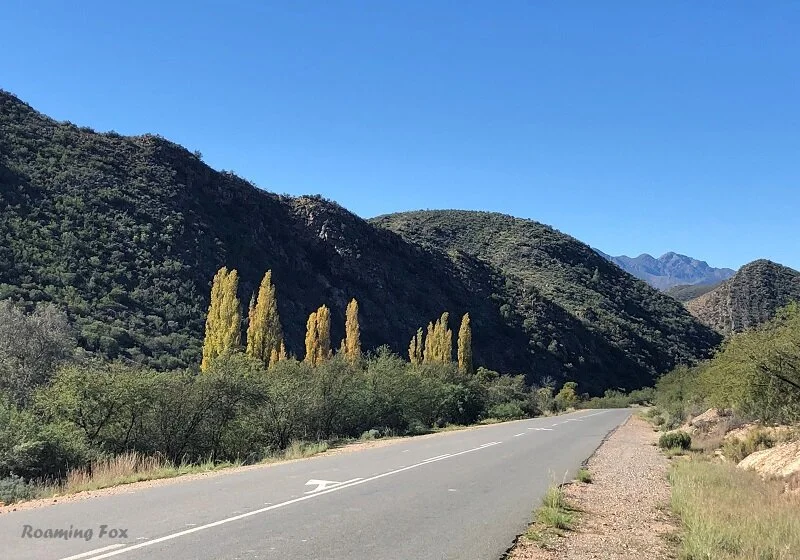




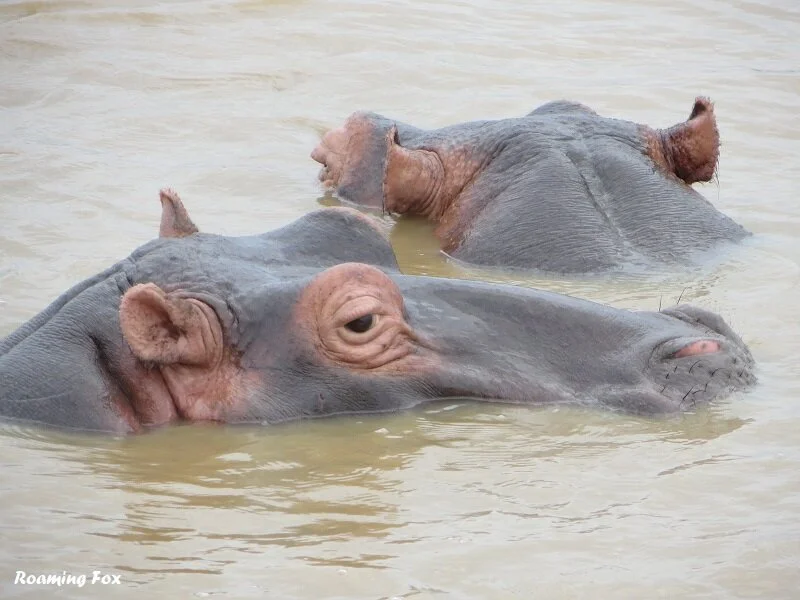
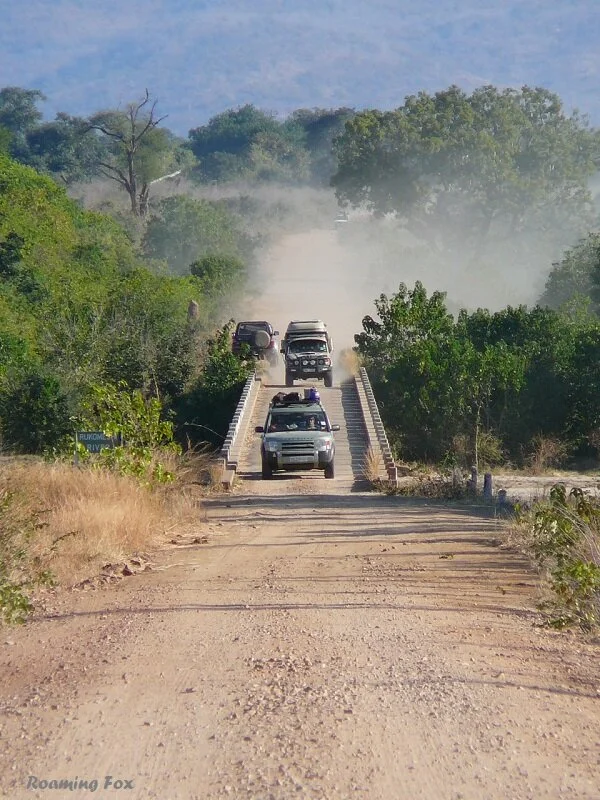


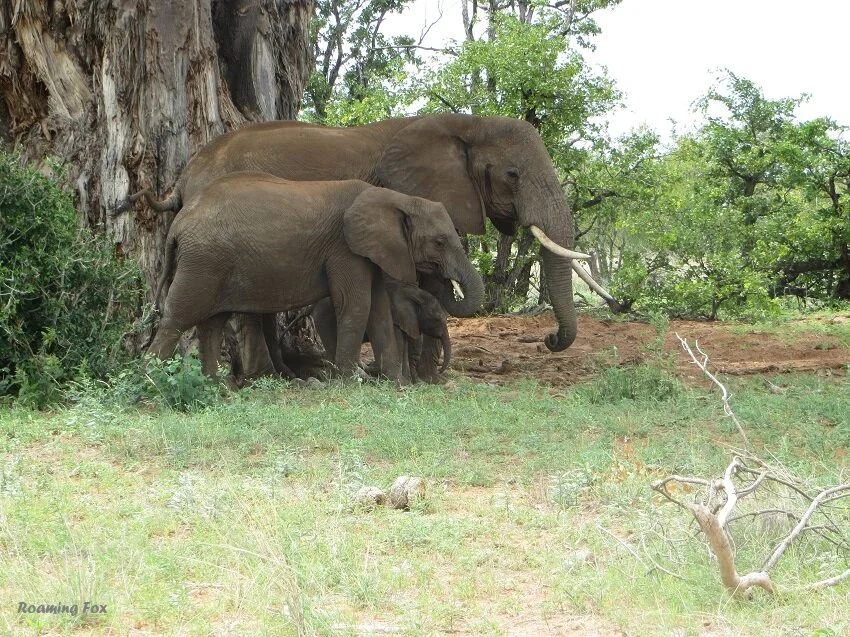
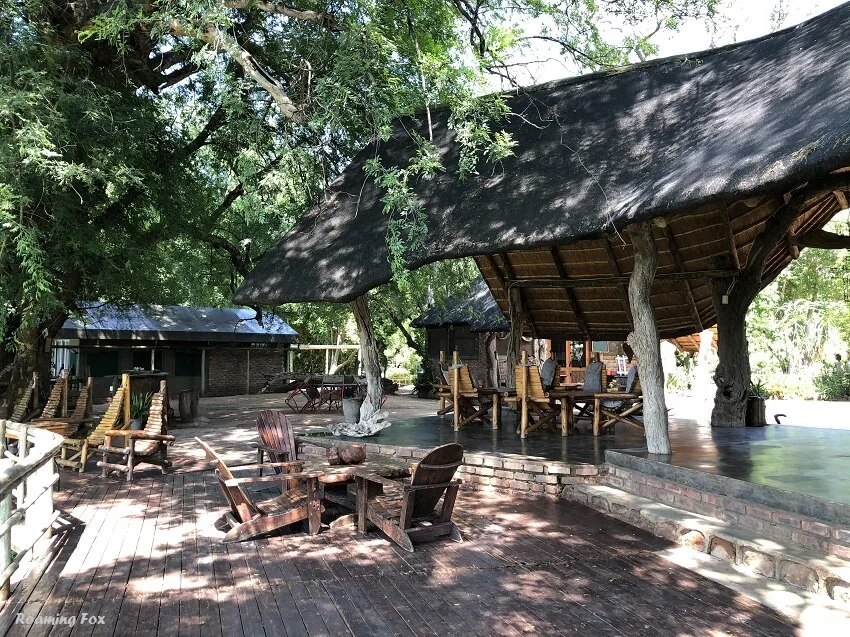

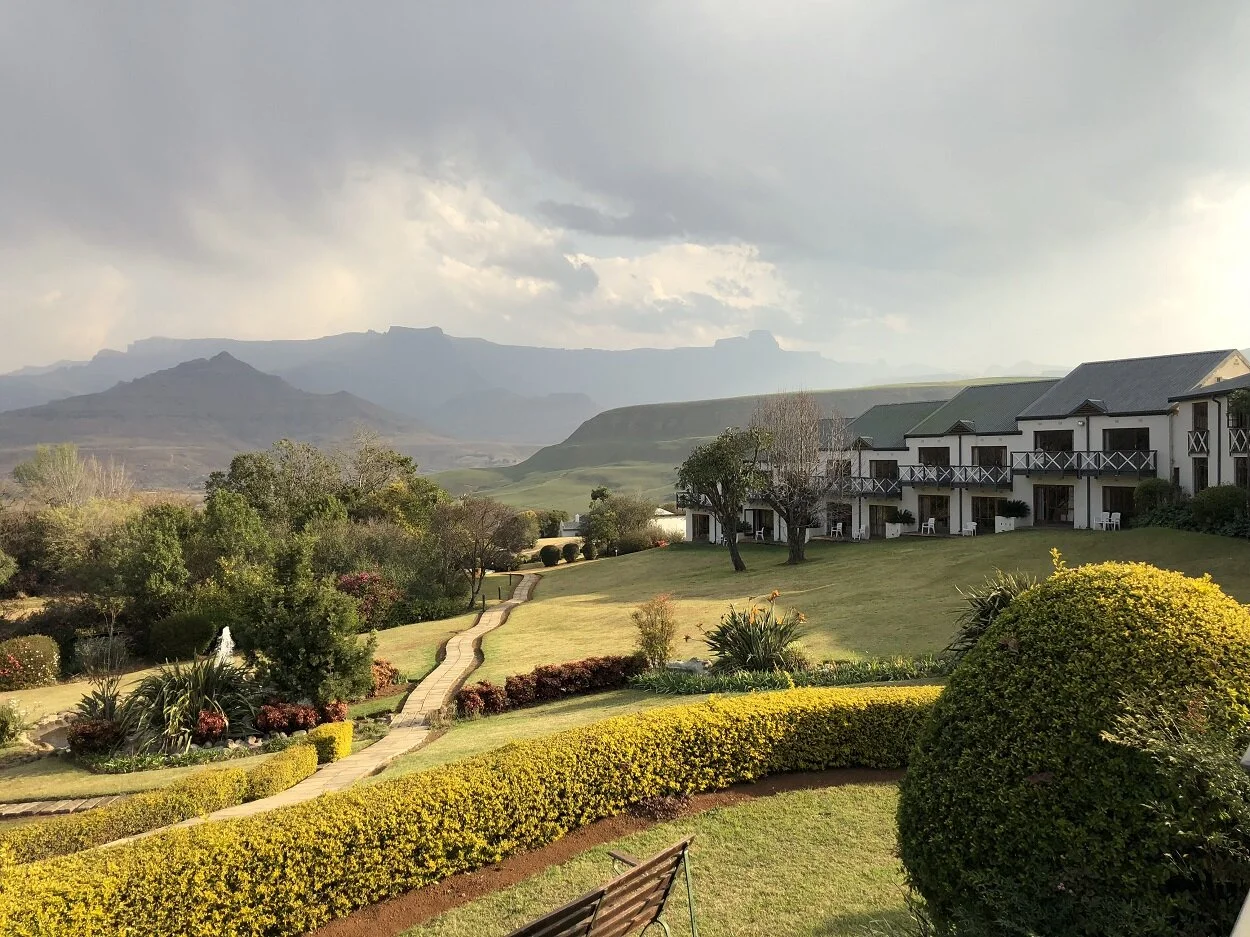

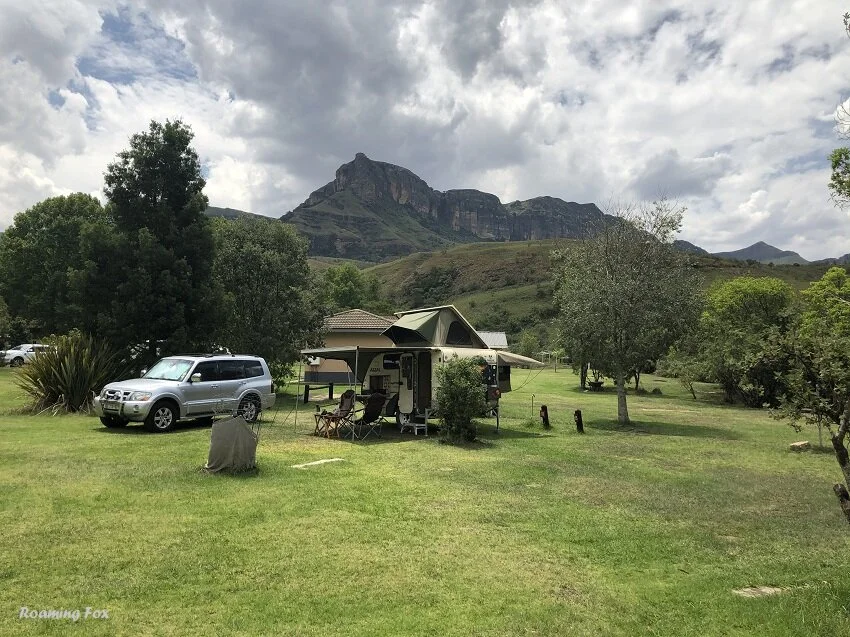

Remote, rugged and untamed, Mana Pools is not the easiest safari destination to get to in Zimbabwe. Perhaps that is why it is the ultimate location for adventure addicts that love off the beaten track places.